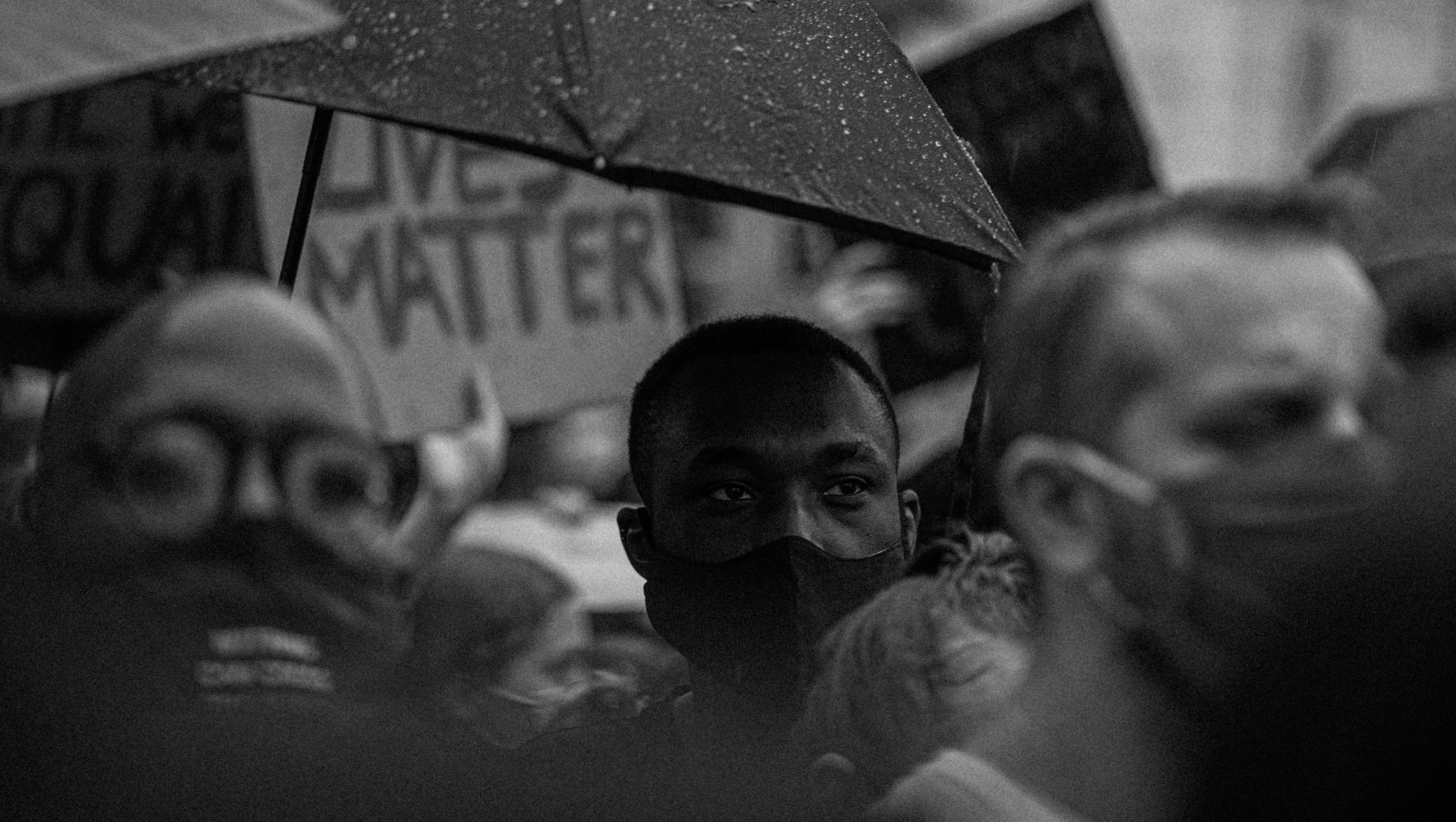
‘Hard to reach’ communities in the Lambeth & Southwark area harbour a rich diversity of people who are considered minorities amongst its residents. These residents suffered from a disparity and unsteadiness of service that compounded the challenges of the pandemic further for them compared to mainstream societies.
In an effort to identify and tap into these nuances that are offstage, we tasked our community researchers with staging interviews across these boroughs with a broad sample size of community members. We delved into how the pandemic impacted their personal lives, professional status, health conditions, political views and finances.
We were able to accurately ascertain how our participants felt, the extent to which they engaged with support services, how effectively they thought the support services were run and how the consequences of lockdown regulations enforced changes to their lifestyles. With the data we amassed, we created periodic insight decks that led to a report capturing the experiences and sentiments of our participants in their proper context.
Our community researchers utilised their accessibility, positionality and credibility within the urban locale to actively comprehend the cultural nuances and lived experiences in a way that was empathy-based and equitable. The aim was to be in a position to influence real improvement of the quality of support services that marginalised and underserved communities are currently receiving.

This project was designed to reveal the community responses to Covid-19 among residents of Southwark and Lambeth. We collected, analysed and evaluated data examining the inequalities during the pandemic and the provision of support services offered to different individuals during this period.
What we were trying to tackle.
We encouraged local residents to share during a period of austerity in order to identify inequalities, vocalise needs and heal traumas through the power of purposeful conversation. Interviews proved the beginning of relationships and continued in a series of rounds where the trust was built and maintained to allow for open and honest expression. An understanding and closeness were created in order to create social brokerage between communities and the institutions that are there to serve them.
Case study details – project story. How did the project develop and change?
The project started with gathering intelligence on community responses to Covid-19, then developed into an evaluation of the possible solutions that could be implemented to solve the inequalities we identified in Lambeth & Southwark. Our community researchers employed reflective practices in order to correctly gauge the community’s fears, emotional states, struggles, thoughts during the pandemic lockdown and its release.
Thus, the dynamic engagement we established across the different rounds of interviewing allowed our community researchers to access a variety of nuances that were revealed to them in a balanced light, taking the wider spectrum of responses into account. Like almost all projects with a social purpose, the object of this one is to influence tangible results, identify new discoveries and correct mistakes to help enhance the community through its support services and social structures.


COPYRIGHT 2021. CENTRIC. ALL RIGHTS RESERVED